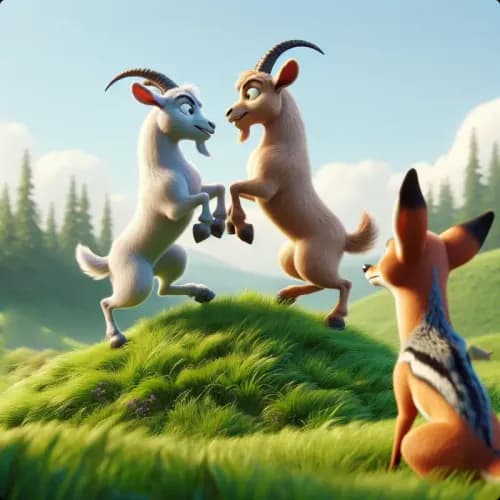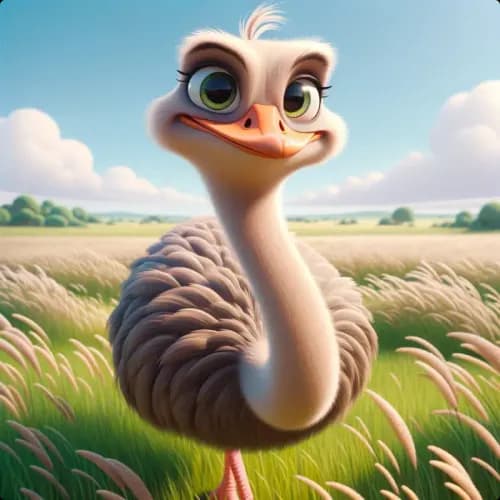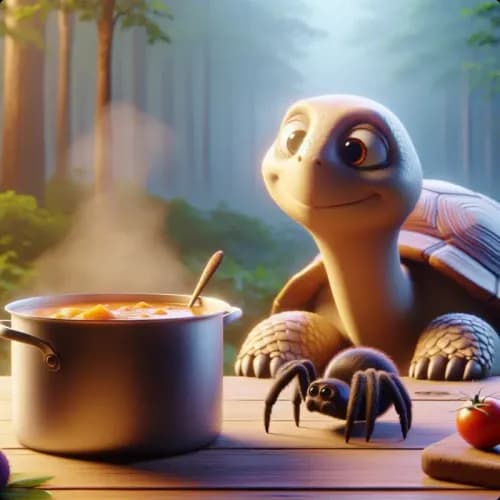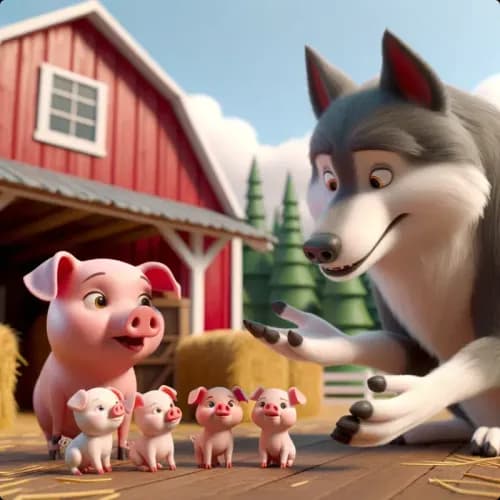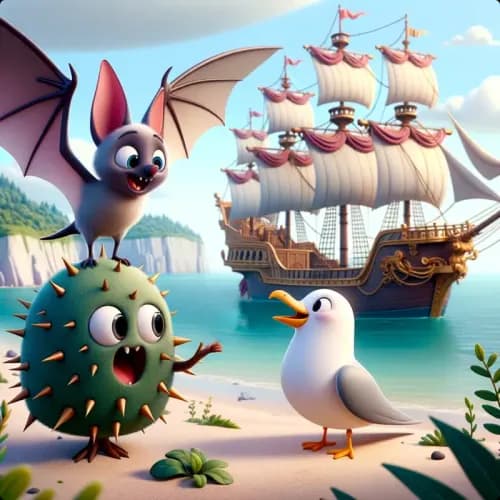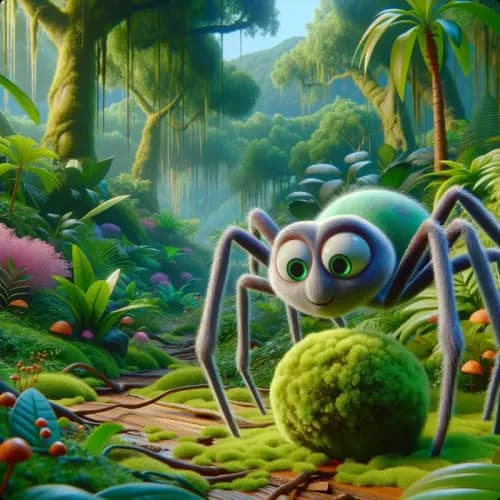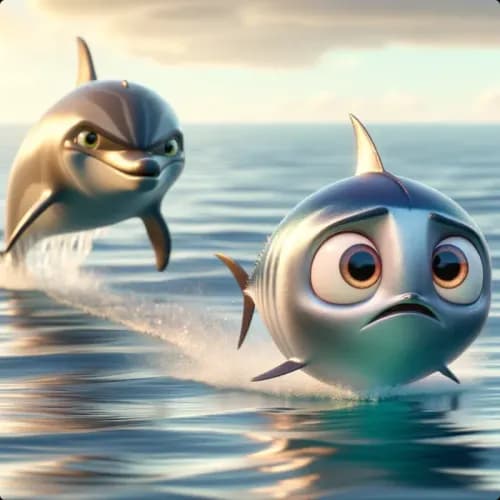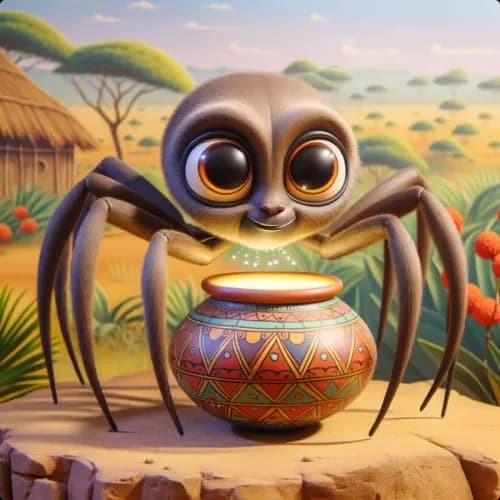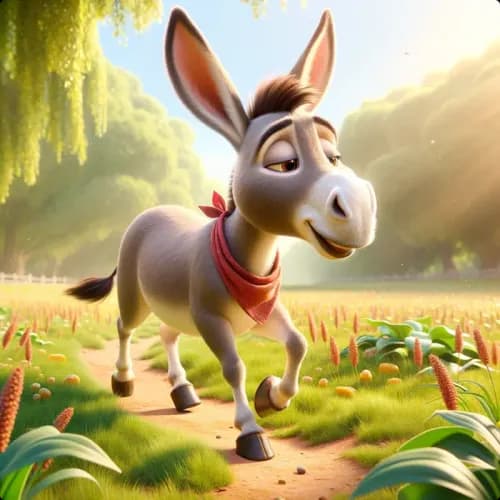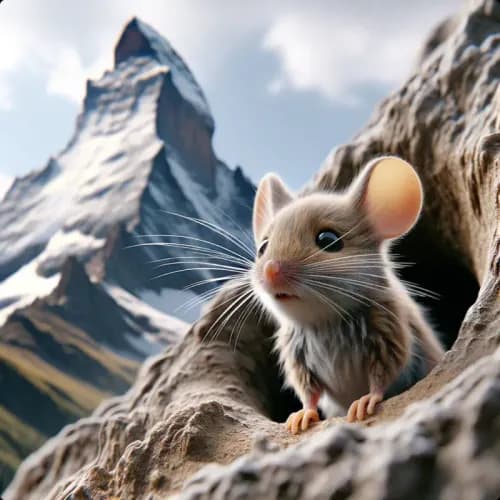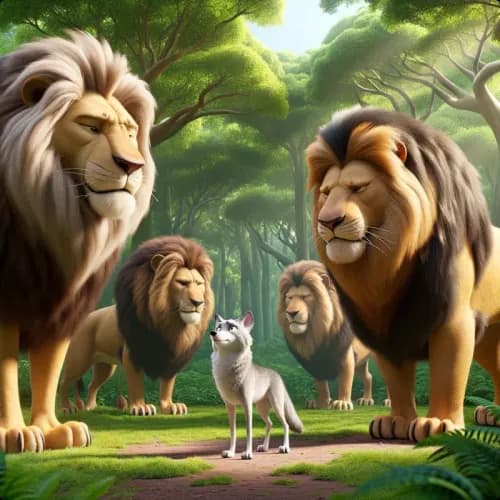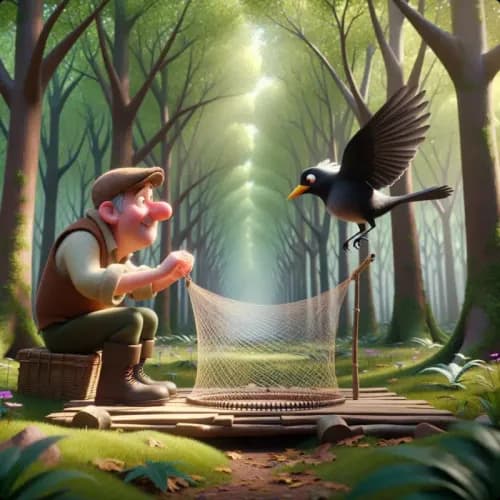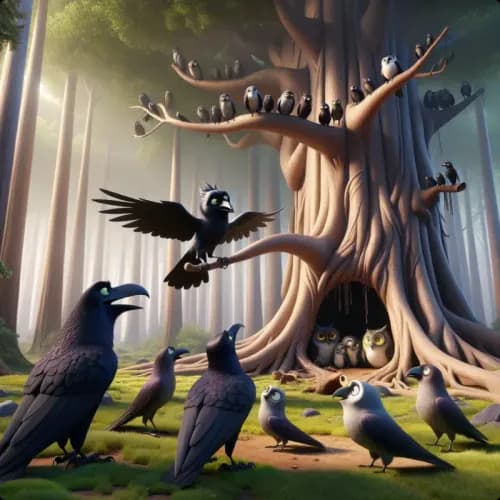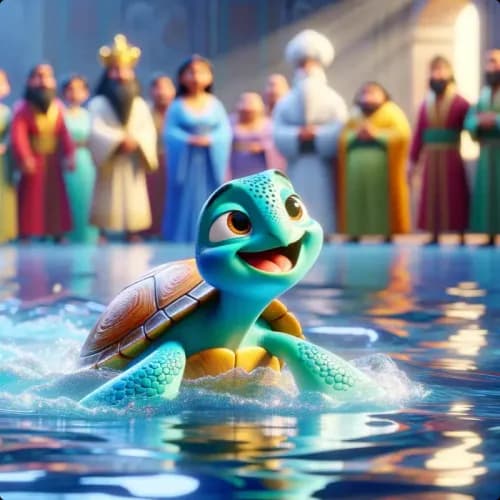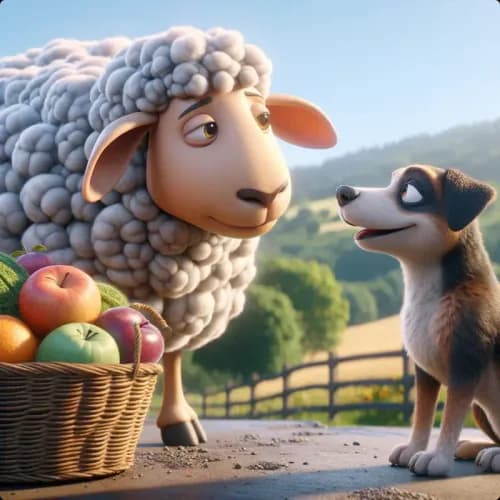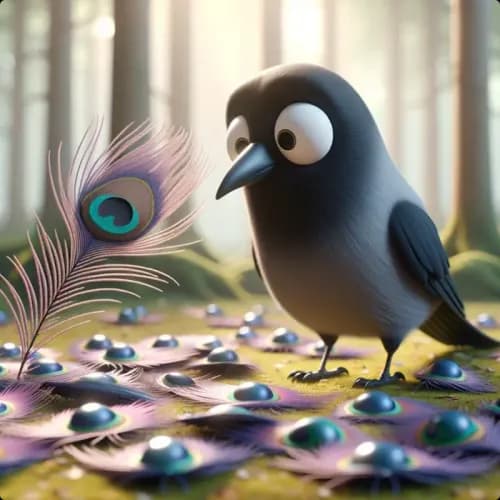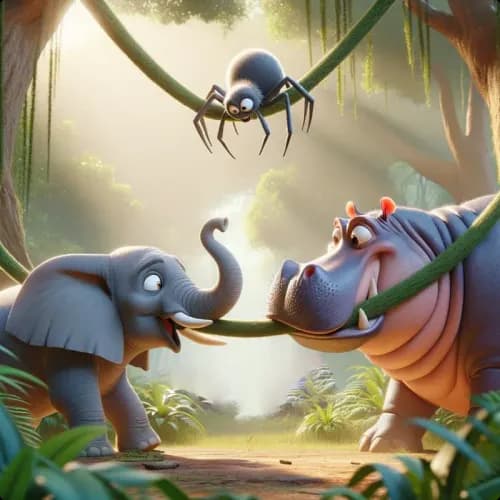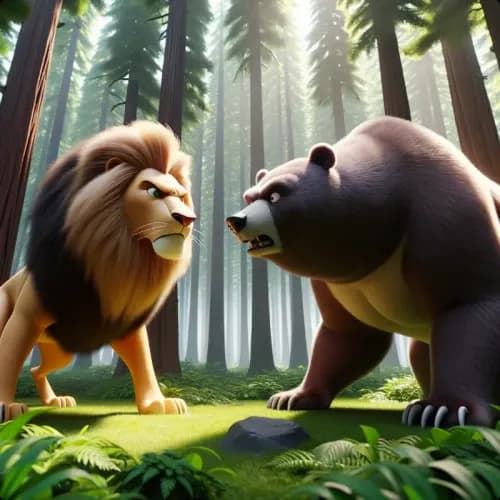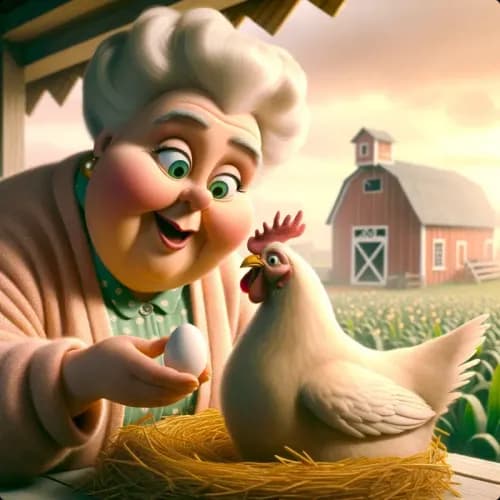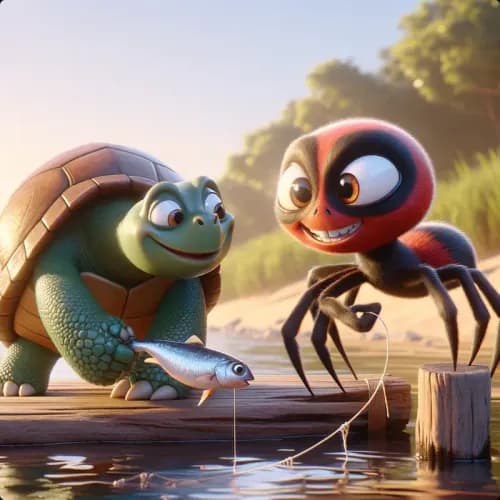Council of Horses
John Gay | England
A young horse questions serving humans, but an older horse explains they benefit each other, calming the young horse.
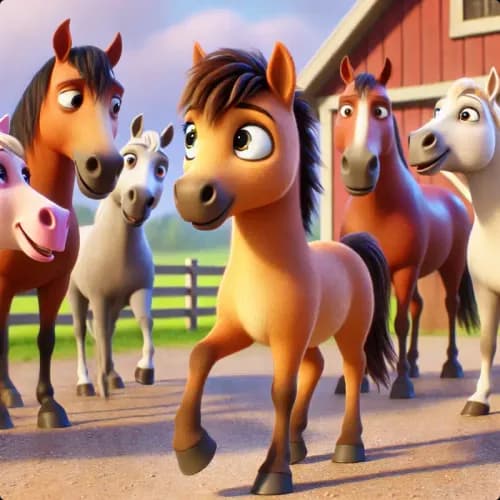
Once, in a green field, a young, strong horse, full of fire and energy, spoke up to the other horses around him. His eyes sparkled with anger as he complained, “Isn’t it unfair that we horses have to work for humans all the time? Think about it! We pull their fancy carriages, work hard in their fields, and carry heavy loads for them. And who are we doing all this for? A creature with only two legs, who isn’t even very strong! Why should we let them control us and tell us what to do? They say they love freedom—well, we should be free, too! Any horse who wants to be free should stand up now!”
He stopped and looked around. Some of the other horses nodded and stomped their hooves in support.
Then, an old, wise horse stepped forward. He walked slowly and carefully, as he was much older. He had lived a long life and learned many things.
“My young friend,” he began, “when I was young and strong, I worked hard for humans too. Now, in my old age, they take care of me, and I don’t have to work anymore. I’ve seen that humans are smart; they know when to plant seeds and when to harvest crops, and they share the food they grow with us. They give us warm stables to sleep in, soft hay to eat, and oats every day.”
The old horse looked kindly at the young horse and said, “We all have a part to play. Humans and horses help each other. That’s the way of the world. We both have our jobs, and together, we make things work well.”
Hearing this, the young horse thought for a while. Finally, he understood what the old horse was saying. He nodded, calmed down, and decided to join the others, ready to work together with them.
